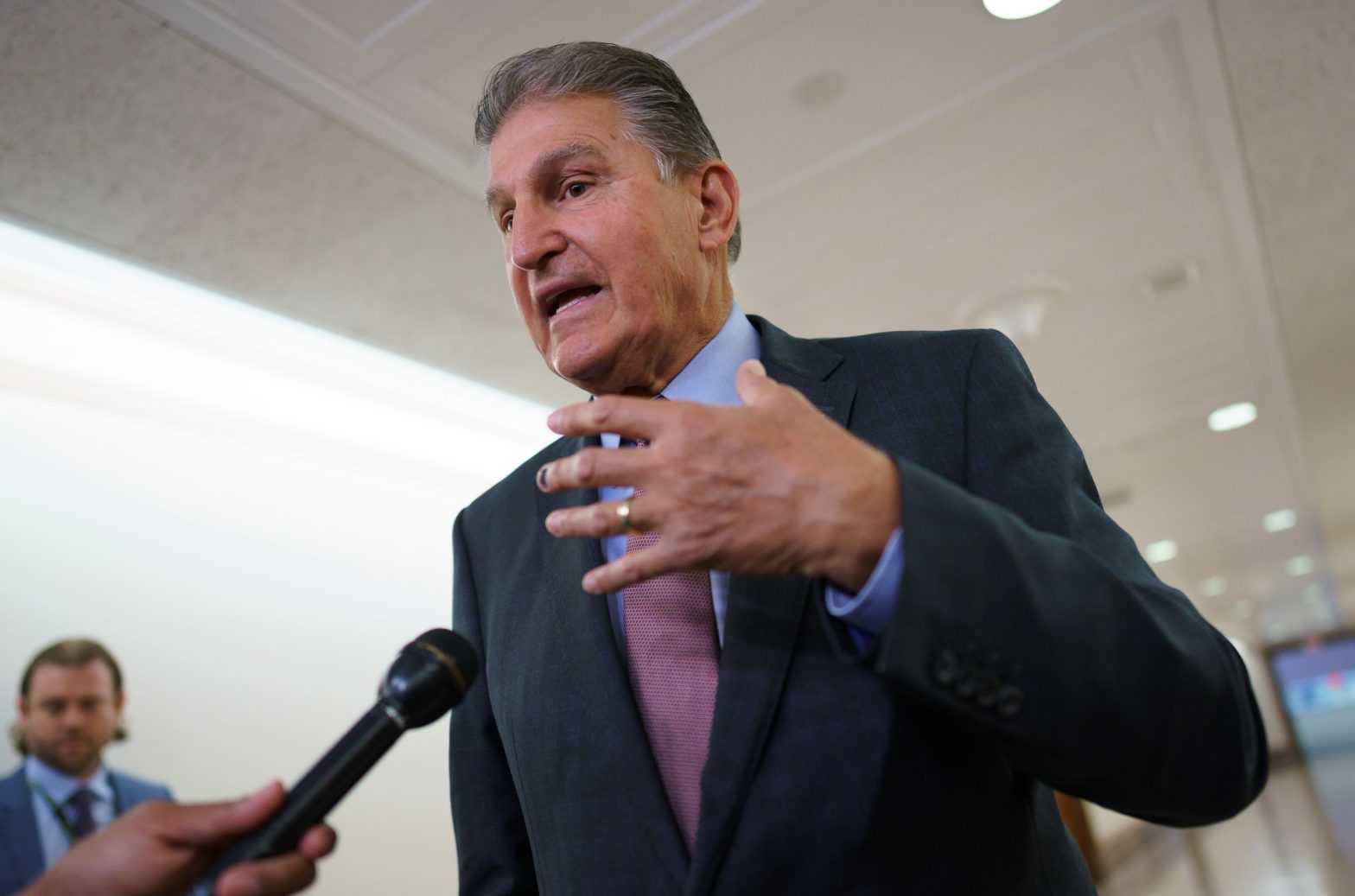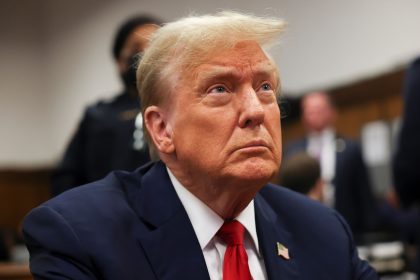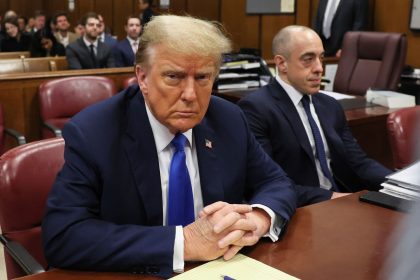In a Stunner, Manchin, Schumer, Strike Deal on Climate, Tax Package

WASHINGTON — In a stunning and wholly unexpected turn of events, Sen. Joe Manchin, D-W.Va., announced Wednesday that he’d struck a deal with Democratic leaders in the Senate and would now support climate and tax measures he’d previously rejected.
It was less than a month ago when Manchin effectively scuttled the budget reconciliation bill that represented what was left of President Joe Biden’s Build Back Better plan.
But shortly after 4:30 p.m. Wednesday his office issued a lengthy 12-paragraph statement that said he would now support what he rebranded the “Inflation Reduction Act of 2022.”
“Build Back Better is dead,” he said. “Instead we have the opportunity to make our country stronger by bringing Americans together.
“I will do everything I can to usher in a new era of compromise and common sense that will make America more energy secure, financially sound and a more united country for this generation and the next,” he added.
Less than an hour later, Manchin and Senate Majority Leader Chuck Schumer, D-N.Y., issued a joint statement which said, “After many months of negotiations, we have finalized legislative text.”
“The investments will be fully paid for by closing tax loopholes on wealthy individuals and corporations,” they said.
Senate Democrats plan to bring the reconciliation package to the floor next week and pass it on a party-line vote, bypassing a Republican filibuster under special Senate rules.
Despite the length of his written statement, Manchin neither went into detail on the provisions of the package, nor did he explain what changes led to his change of heart.
The $670 billion bill the Senate will vote on is but a fraction of the $3 trillion package once envisioned by the White House and its allies on Capitol Hill.
Presuming all goes to plan and it passes, a fact sheet distributed with the joint statement said it will invest about $369 billion in energy and climate related programs over the next decade and devote about $300 million to deficit reduction.
The deal would raise $739 billion in new revenue. Slightly less than half of that amount — about $313 billion — would be raised by implementing a 15% corporate minimum tax.
Other projected revenues are a bit more speculative.
For instance, the fact sheet says $288 billion would be raised by empowering Medicare to negotiate lower drug prices, while another $124 billion would come from strong IRS enforcement of tax law.
An additional $14 billion would come from closing the so-called carried interest loophole which currently allows investment managers to pay the lower 20% long-term capital gains tax rate on income received as compensation, rather than the ordinary income tax rates of up to 37% that they would pay for the same amount of wage income
Manchin’s statement makes much of how the agreement targets inflation. Among the ways it does so, the fact sheet says, is by imposing no new taxes on families making $400,000 or less and no new taxes on small businesses.
“Rather than risking more inflation with trillions in new spending, this bill will cut the inflation taxes Americans are paying, lower the cost of health insurance and prescription drugs, and ensure our country invests in the energy security and climate change solutions we need to remain a global superpower through innovation rather than elimination,” Manchin said in his statement.
Dan can be reached at [email protected] and at https://twitter.com/DanMcC

























